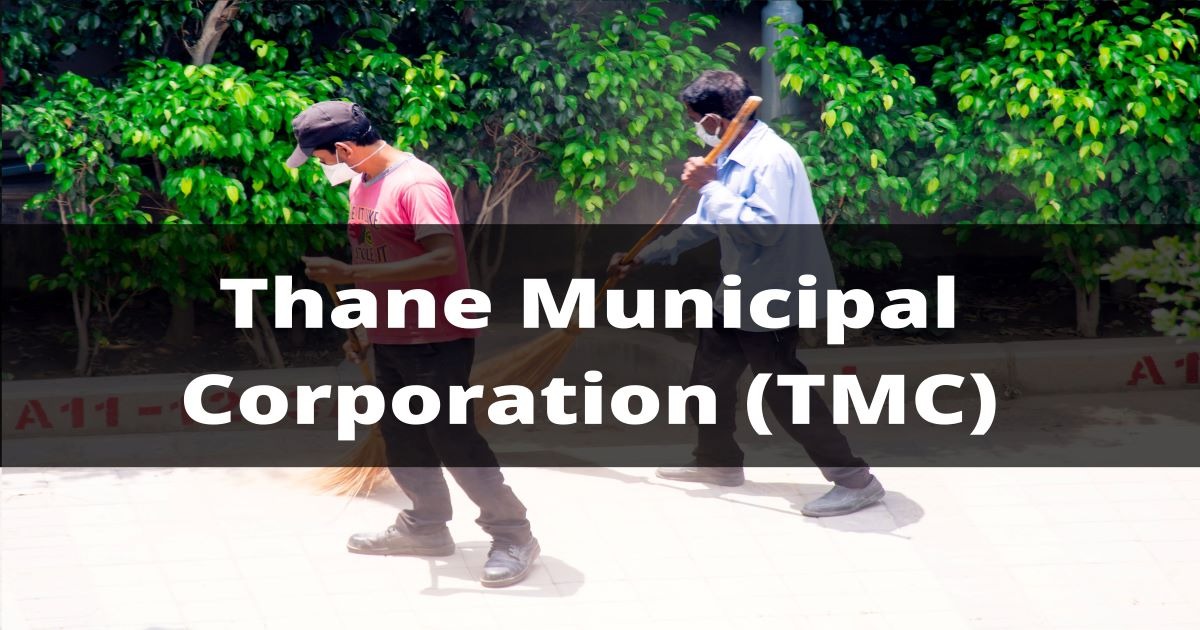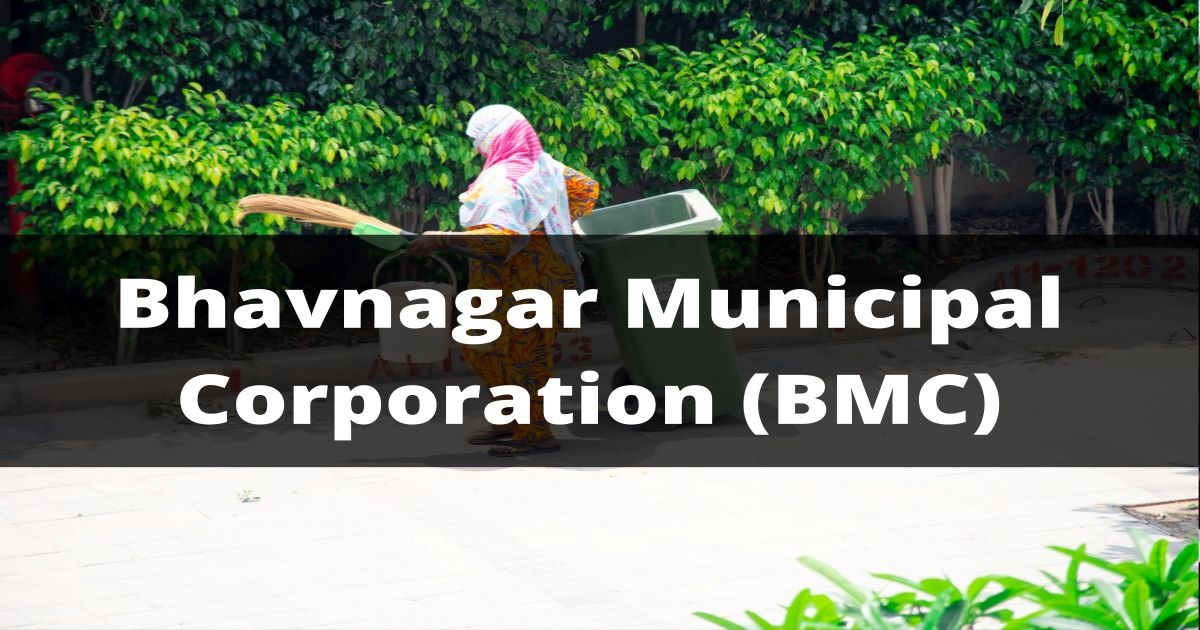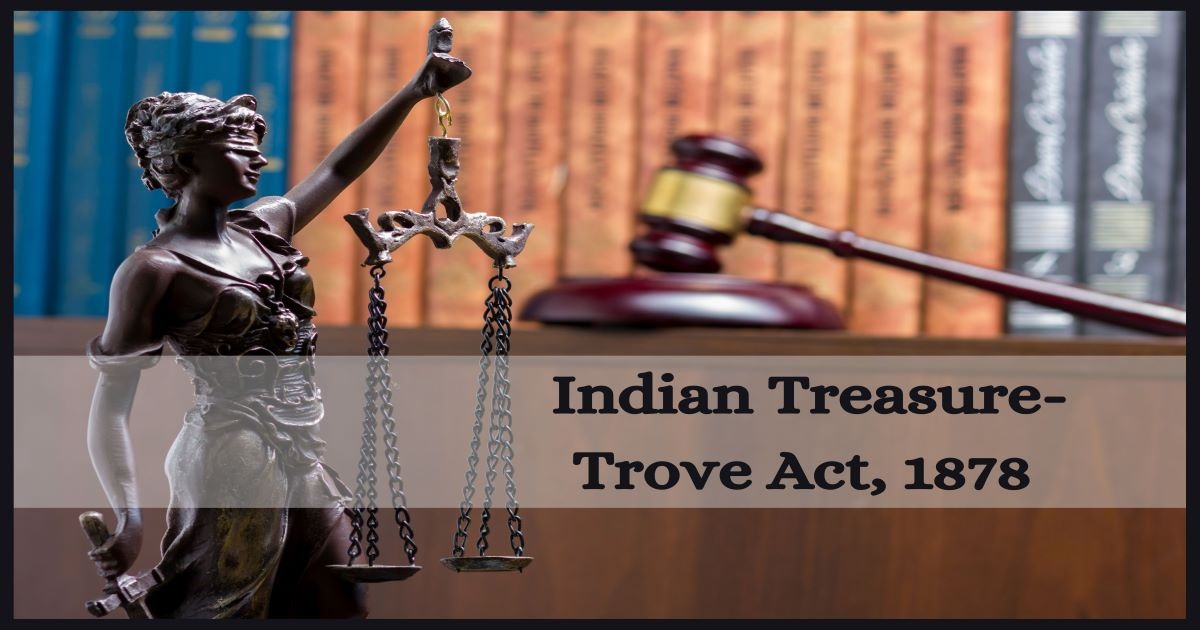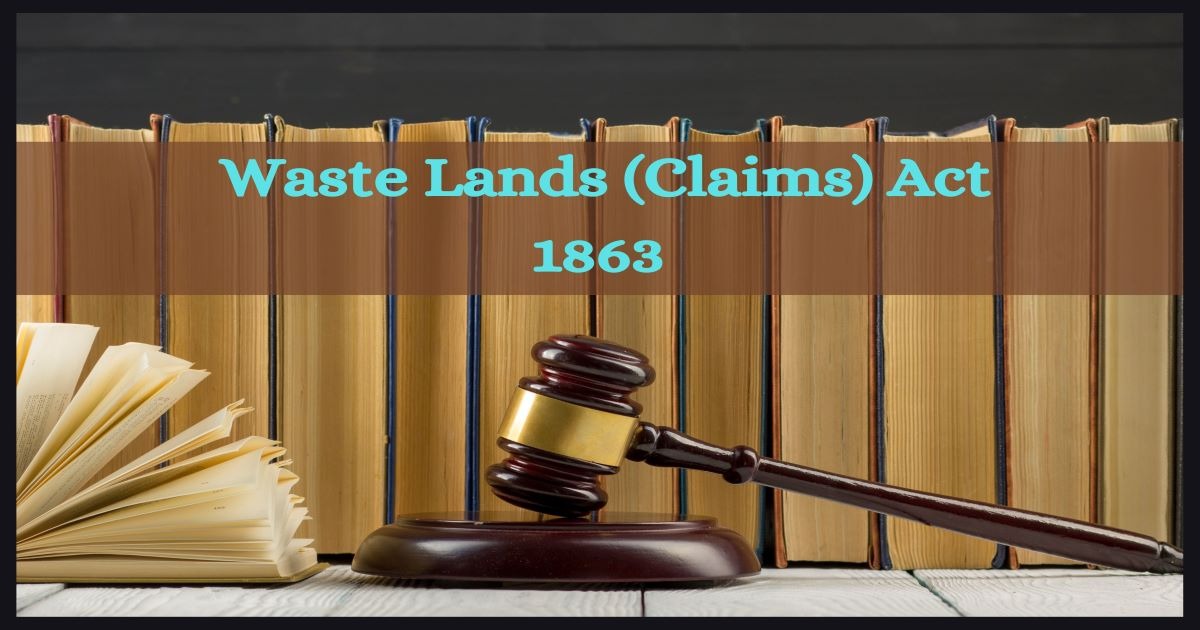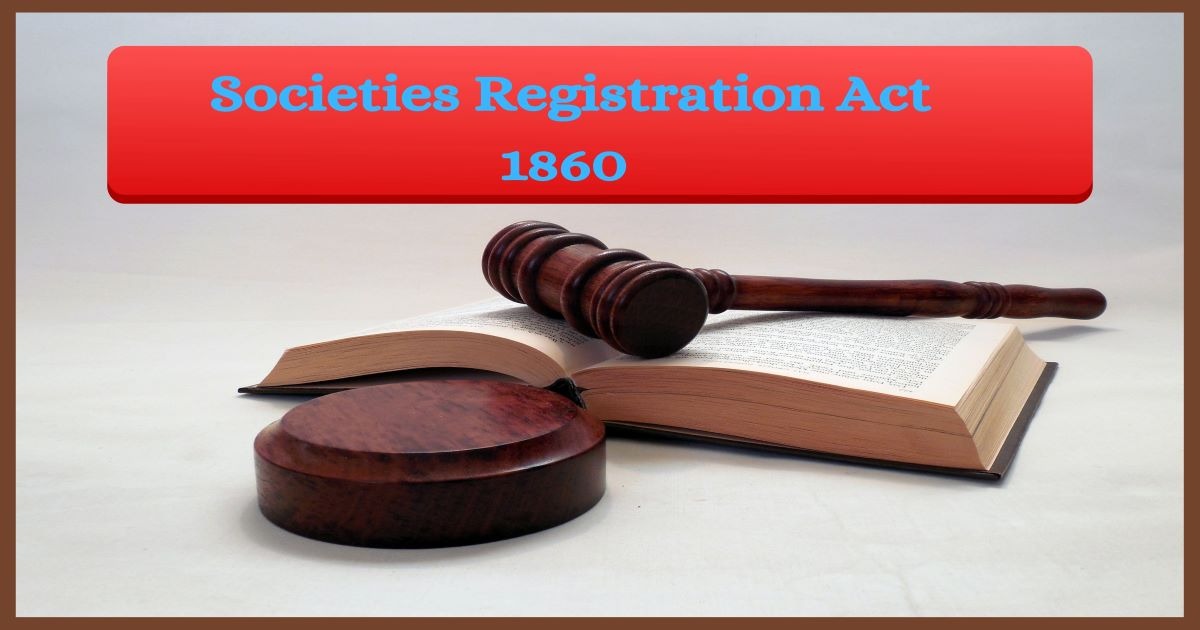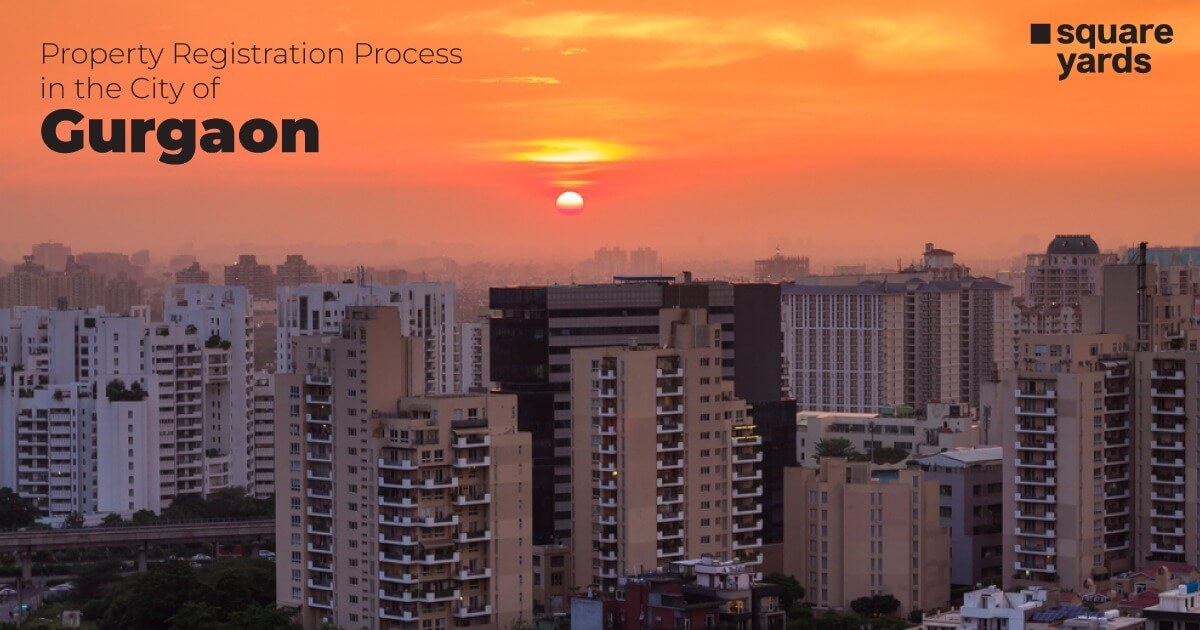For knowing Property Registration Status, you can do Online Land Registration Check in whichever state you are. For Maharashtra, there is Online Property Registration Maharashtra.
Zameen Registry Online is another name for online registration of land. Registration of land, house, flat or mansion, both private and commercial, can be done online. For flats, there is Online Flat Registration process. If you are a resident of Delhi, you may be wondering How To Check Property Registration Online In Delhi. If you are in Uttar Pradesh and wish to transfer your property, you can do it through Online Property Registration Uttar Pradesh portal. One can know about the status of one’s property registration from Online Property Registration Check. For the people in the state of West Bengal, there is Wb Registration Land portal. E Registration Land is another name for online registration of land.
Online property registration
|
State |
Website |
|
Andhra Pradesh |
registration.ap.gov.in |
|
Delhi |
Doris.delhigovt.nic.in |
|
Jharkhand |
regd.jharkhand.gov.in/jars/website |
|
Kerala |
keralaregistration.gov.in/pearlpublic/index.php |
|
Karnataka |
kaverionline.karnataka.gov.in |
|
Maharashtra |
efilingigr.maharashtra.gov.in |
|
Madhya Pradesh |
www.mpigr.gov.in/indexEnglish.html |
|
Rajasthan |
epanjiyan. nic. in |
|
Tamil Nadu |
www.tnreginet.net |
|
Telangana |
registration.telangana.gov.in/propertyRegistration. |
|
Uttarakhand |
registration.uk.gov.in |
|
Uttar Pradesh |
igrsup.gov.in/igrsup/welcomeAction.action |
|
West Bengal |
wbregistration.gov.in/(S(nixvg4bz1k4wsuwpk0uisvn4))/index.aspx |
Register property online
You should know that everything cannot be completed online even if there is a facility for online registration provided by a state government. You should find out the circle rate of your area. It will give you an idea of the total value of the property.
What you can do
- Calculate the stamp duty. You can know the registration charges and calculate the amount.
- You should know the stamp duty and registration charges through a calculation based on the ready reckoner published by the governments.
- It’s possible to pay stamp duty and registration charges online. You can also get the receipt of your payment.
- Now, you should make an appointment with the office of the sub-registrar for the registration of the property.
The payment is made online
You should pay stamp duty and registration charges online. After you have made payments, you may book an appointment for the property registration. You can make payments using debit cards, credit cards, or net-banking. You should pay the TDS online if the deal value exceeds Rs 50 Lakhs. The rate of TDS is 1% of the property value. You can get the printout of the receipt. The receipt is needed for verification. You have to disclose your mobile number. Your mobile number will be used for the completion of the process of payment. You will get the OTP through an SMS during the process of registration. You will also get a message regarding the appointment and the process of completion. You should buy e-stamp papers and make an online payment for the stamp duty and registration charges. These documents have to be presented before the sub-registrar for verification.
Details to fill in during online registration
- Description of Property: Its number, area, pin code, etc.
- Type of Property: Whether it’s a flat, a plot, or agricultural land.
- Ownership: Whether a purchase, a gift, or a lease.
- Personal details of the owner: Name, age, occupation, name of the parent, etc.
- Proof of property: Title deed, power of attorney, etc.
Following documents are required at the office of the sub-registrar:
- A sale deed on the non-judicial stamp.
- Two passport-size photographs of the seller and the purchaser
- E-stamp paper with appropriate stamp duty
- E-registration receipt of the fee
- A copy of the PAN card
- ID Proofs of the seller and the purchaser along with that of the witnesses
- Receipt of the TDS paid
When you can get the registered property document?
It takes around two weeks to get the documents back from the office of the sub-registrar. You should visit the office to get back your documents.
Steps to take before the property registration
- Papers of encumbrance: Encumbrance includes outstanding mortgages, liens, unpaid property taxes, etc. If you are a buyer, you must check encumbrance on the property before buying the property. You can check it at the office of the sub-registrar.
- Document chain: You should check the chain of documents before buying a property. These documents are the records of the transfer of ownership.
- Payment of Outstanding amount: A property should not have any liability of dues such as property taxes, electricity bills, water bills, etc. It is your responsibility as a buyer to check all these details.
- The Deed: A draft-deed is to be prepared. It will contain details of the parties and the property. It will also contain the terms and conditions.
- Calculation of Stamp Duty: Stamp duty is the fee you pay to the government and its value varies from state to state. The value of Stamp Duty is based on the market value of the property.
After having completed the above steps, the execution of the deed is done at the office of the sub-registrar. The signatures and thumb impressions of the parties involved are taken there.
Advantages of Property Registration
Application for mutation of the Title Deed can be made:
A mutation is a change in ownership of the title from one person to another. The mutation enables the owner to get his name recorded in the land revenue department. City Survey and Land Records Department is the governing authority for the mutation of property. The department assesses the land and fixes the tax on the property. A letter of mutation is then issued by the department.
Tax benefits
An assessee is eligible for a deduction of stamp duty and registration fee under section 80C of the Income Tax Act. The amount of maximum deduction is Rs 1 Lakh. A registered title is proof of ownership of property. A registered title is a State Guarantee. Any dispute concerning the ownership over the land can be resolved easily. It prevents illegal trespassing and grabbing of the land.
Documents Required For Property Registration Online
Along with the online filled form we need to attach the following documents
- Identity proof of parties. They are Aadhar Card, PAN cards, etc.
- Two passport photographs of parties involved
- Sale deed
- Power of authority in case the party is representing someone else.
- In case the party is a company, a power of attorney or a letter of authority along with the resolution of the board of the company are needed.
- property card
- proof of payment of stamp duty and registration fee
The documents to be registered must be presented in the office of the sub-registrar within four months from the date of their execution. Appropriate fees have to be paid. You can apply for an extension of the time limit. The registration fee is 1% of the value of the property but the limit is a maximum of Rs 30, 000.
Also read: House Registration Process
FAQs
Q. Is property registration a must?
All buyers are legally obliged to register their property under Section 17 of the Registration Act, 1908.
Q. What is the property registration charge in India?
In almost all states, 1% of the deal value is paid as a property registration fee.
Q. What are the documents required for property registration?
Documents required for property registration are mentioned below:
1. Aadhar card.
2. Passport-size of both seller and buyer.
3. Verified copy of the original old sale deed.
4. Copy of No objection certificate under the land ceiling Act.
5. Copy of the latest property register card.
6. Copy of Municipal tax bill.
7. Construction completion certificate.
8. Recorded agreement between the builder and original purchaser of the building initially.
Q. What is property registration?
The property registration involves payment of stamp duty and registration charges for a sale deed.
Q. What is e registration of property?
E registration of the property is an initiative by the government to streamline the registration of immovable properties. It is to avoid land disputes. E-registration has simplified the process. It is done for providing evidence of titles and facilitating transactions.
Q. What is IGR?
IGR stands for Inspector General of Registration. The Inspector-General of Registration (IGR) is the head of the Stamp Duty & Registration Department who is empowered with the task of administration of registration.
Q. What is IGR registration?
All immovable property needs to be registered in the government records. The Inspector-General of Registration (IGR) is the authority. IGR Registration is the process of registering a property with the state government.
Q. Which law governs property registration in India?
Registration Act,1908 is the act that governs the property registrations in India.
Q. How To Check Property Registration Online In Delhi?
Visit https://eval.delhigovt.nic.in/ for calculating the stamp duty and Property registration charges applicable to your property transaction. Enter the nearest sub-registrar zone in which your transacted property falls, the locality, type of deed, and sub-deed name. In Tamil Nadu, property registration is done online. It is done to simplify the process. The online process saves your time and the waiting time also is reduced to a great extent. The documents received online are checked by the office. After verification, it is sent to the sub-registrar for registration. The date and time of the registration are decided. The buyer has to pay the stamp duty and the registration charges.
The process is similar to other states of India with some variations. There are changes in the number of fees, etc.





















